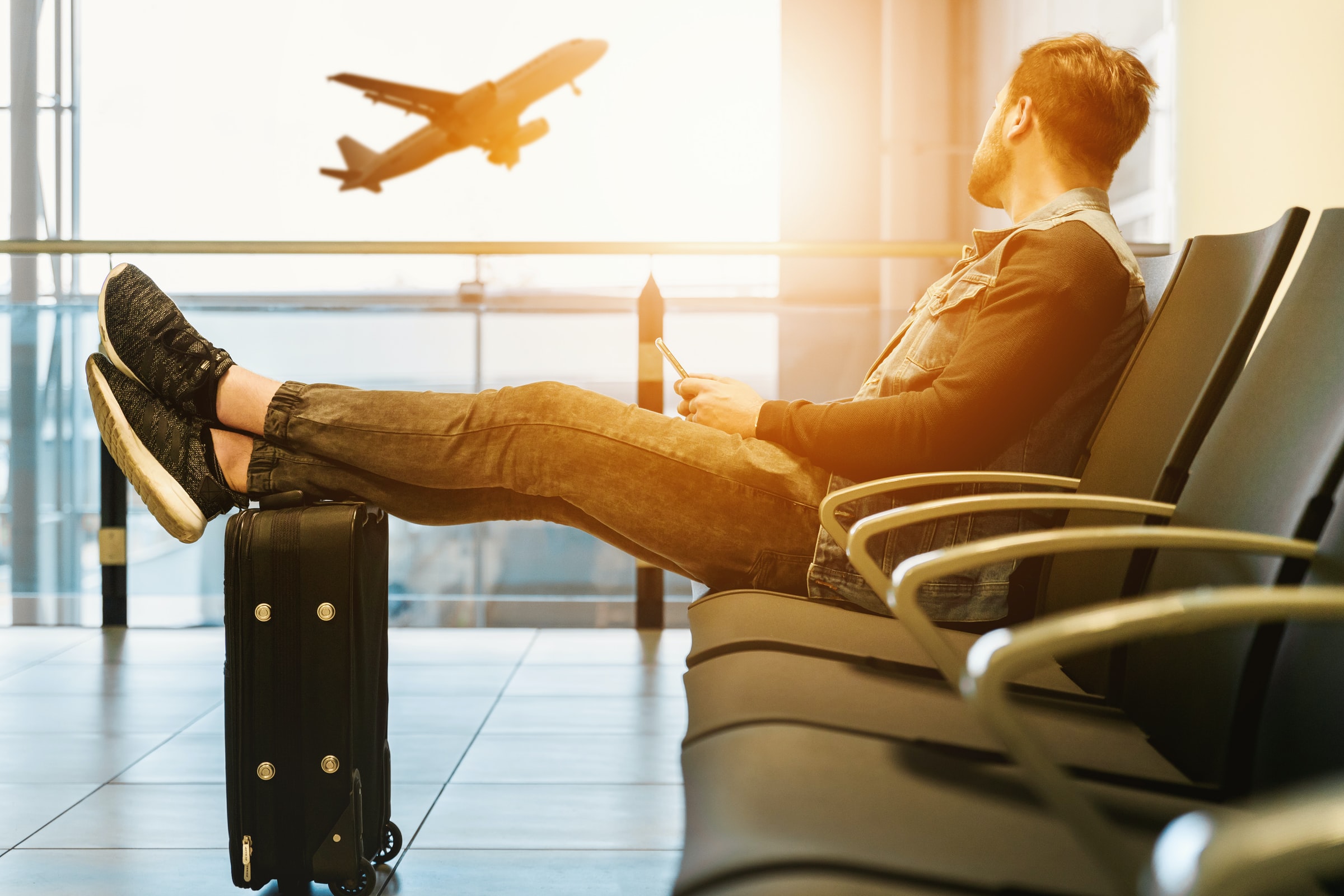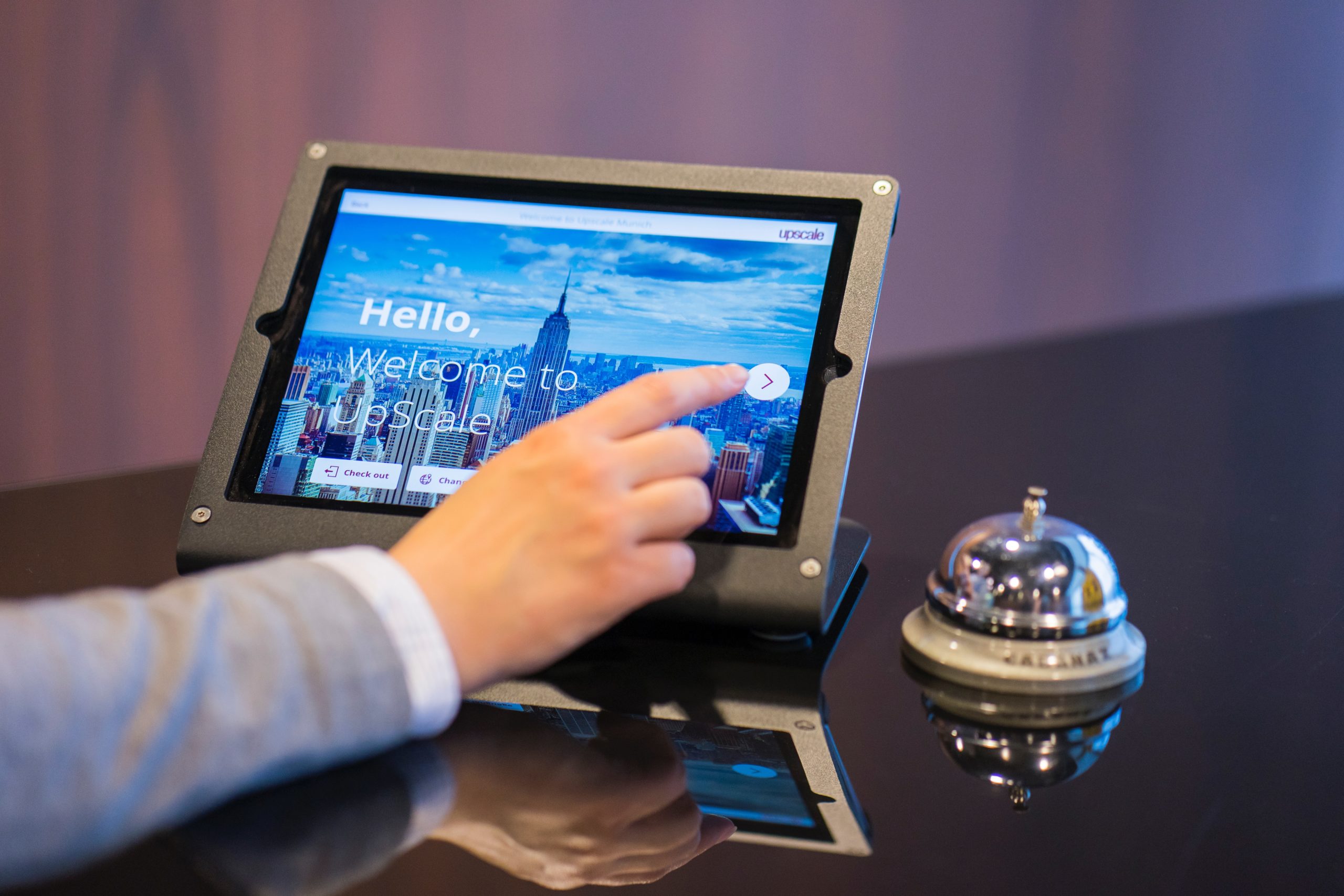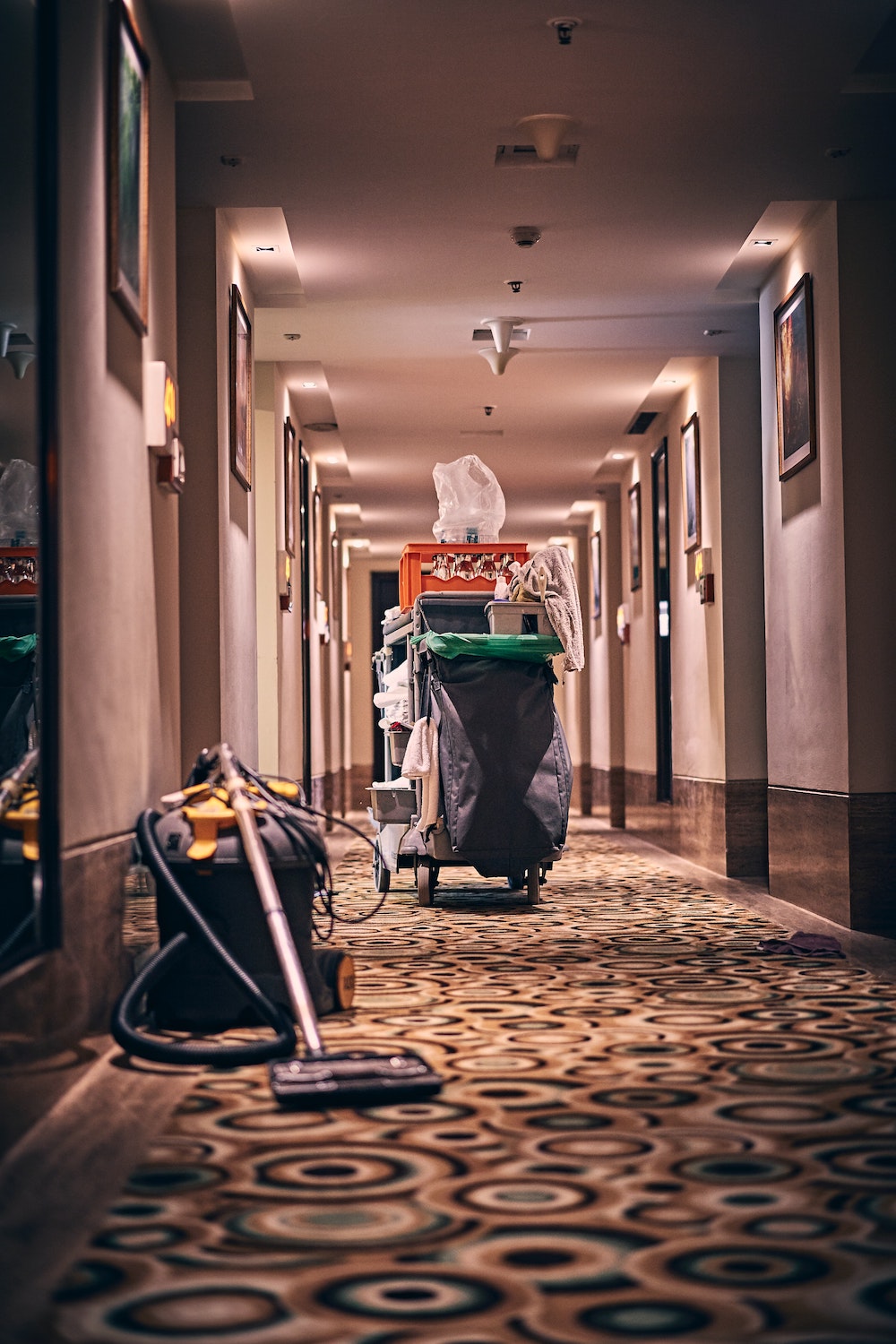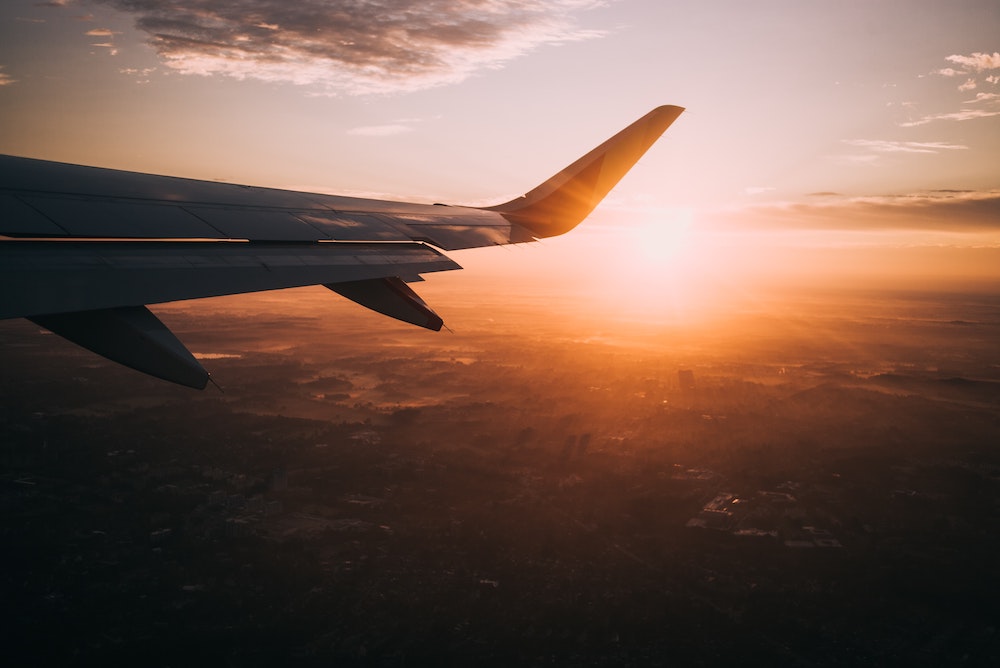Welcome to May – the month that most Northern Hemisphere tourist destinations mark as the beginning of peak season. Hotels start running at 100 per cent occupancy, restaurant patios are full of happy hour enthusiasts, and major attractions have line ups. Some years the tourism industry sees a minor decline due to local issues, for example, the forest fires in BC, but businesses are quick to recover. 2020 has brought unprecedented concerns that have changed the face of tourism and hospitality, leading to an overhaul of the current system and a high demand for new, sustainable strategies. Hotels are now having to re-think their entire operating procedures, from housekeeping to guest management to general maintenance, and many of these changes will become benchmarks for the foreseeable future.
Here are some ways that hotels can continue to provide their services, all while upholding standards and keeping up with the demands of the post-COVID world:
New Cleaning Standards
The largest hotel chains such as Marriott, Hilton, and Hyatt, have now shared details about their new, revamped housekeeping procedures. As per their press release, Hilton announced a new partnership with RB, the makers of Lysol and Dettol to create a new cleaning procedure. We expect guests to be more conscious about cleaning protocols and they will be looking for hotels that are transparent about their practices. Marriott is even looking at implementing electrostatic sprayers and using ultra-violet technology to sanitize keys or any shared devices.
Use of Technology
Businesses are looking at new ways to become contactless, which can be challenging for hotels since we thrive on personalized service. Technological changes can be expensive but may now be deemed necessary as we see hotels switching to virtual check-ins and digital keys for guest room entry. Guests could be able to check in on their phones and use the same device to unlock their doors. Rooms will be equipped with one device, such as a tablet, that will control multiple functions like “Do Not Disturb” notifications, controlling lights and curtains, temperature, the television and much more.
Remodeling Spaces
Many organizations have predicted that physical distancing will become the new norm, forcing hotels to redesign their guest spaces, both indoors and outdoors. You will see less furniture in lobbies (or none at all), deterring guests from gathering in crowds. Newly built hotels may be advised to have additional elevators as well as make the room layout more spacious so it may accommodate more activities such as exercising and dining. It will become common to see protective covering in highly exposed areas as well as floor markers to guide distance and flow.
Re-thinking Restaurants
The food service industry is one that will see the biggest change with the same goal in mind: exemplary service while maintaining hygiene standards and social distancing rules. Many restaurants will reduce the number of guests they can seat, and staff will be required to wear masks at all times. Technology will play a big role here as well, as guests may be able to order and pay on their own devices. Some establishments will have to reconsider the definition of fine dining and reduce the amount of cutlery and glassware in their table set up, whereas others may decide to use disposable tableware only. Room service will regain popularity, given that the hotel as upheld its standards in the above-mentioned points, i.e., cleanliness, ordering, and space.
Reservation Policies
Many hotels struggled to handle the surge of cancellations during the earlier days of the lockdown, which acted as an eyeopener for those in reservations and revenue management. The reality is that anything can happen at any time, and hotels may be expected to exercise more leniency in their cancellation/rebooking policies – at least in the short term. It may also be beneficial to offer perks and assurances to capture the guests’ interest as many will be looking for both flexibility as well as a guarantee of health and safety.
—
We are yet to fully comprehend how things will unfold when the economy starts to re-open, as people re-evaluate their vacation plans, potential destinations, and need for safety. What we know for sure is that the Tourism and Hospitality industry has been deeply affected and must evolve in order to remain relevant. Guests will remember the hotels that are stepping up their game by supporting their local communities and colleagues, and those hotels that are continuing to engage their clients by sharing their new protocols. Now more than ever it is important for hotels to share ideas and grow so that we can all be ready once the crisis is over.
RoomKeyPMS makes it easier to provide the best guest experiences, increase revenue and reduce costs, through a cloud-based, better-supported property management system. Book a demo and learn more about the RoomKeyPMS tool and its offerings.
Image Credit: Jeshoots on Unsplash





